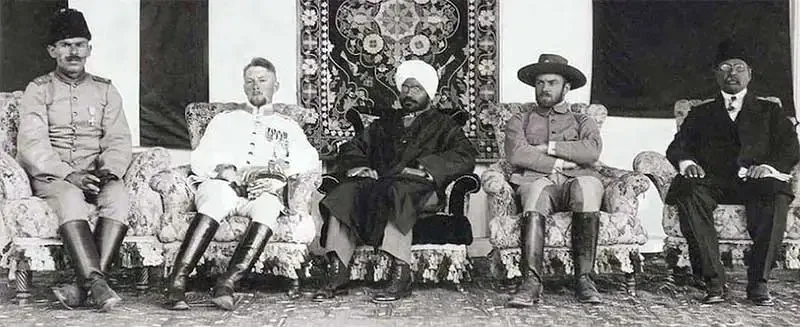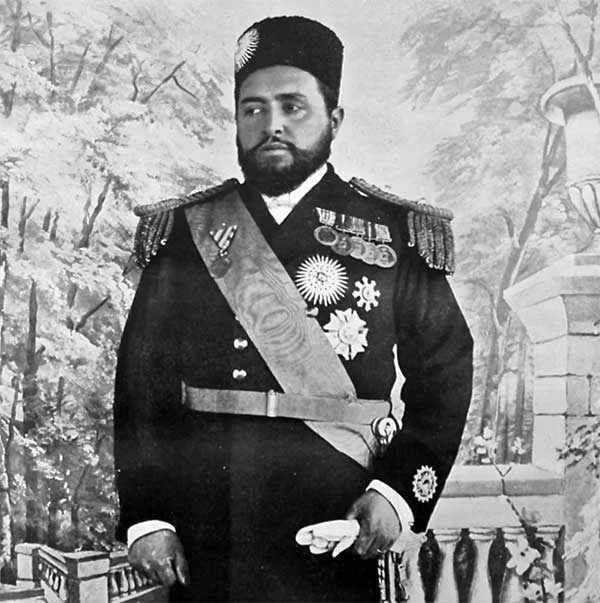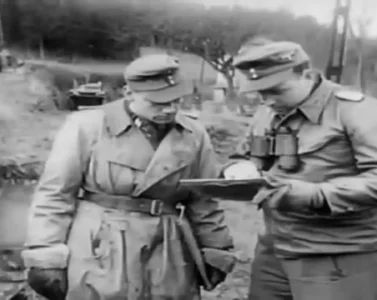- Military History
- Conflicts & Wars
- World War I
- Involved Nations WWI
- Afghanistan during World War I

Afghanistan during World War I
The presence of Afghanistan on its frontier had caused much trouble for British India, and the outbreak of the World War instigated consternation for fear that the Afghans took the opportunity of Britain's preoccupation to interfere with the frontier province.
As soon as hostilities begun, the Government of India requested the Emir Habibulla Khan of Afghanistan to maintain his state's neutrality, which he pledged to do for a guarantee of Afghan independence.
The entry of Turkey into the war placed the Emir in a difficult situation, as religious fanatics and others within his country agitated for support of their co-religionists and to take advantage of the British preoccupation elsewhere. Recognizing the potential, Germany and Turkey sent a joint mission to Kabul in 1915, led by the geologist, explorer and artillery captain, Oscar Niedermayer, who eluded the Russian troops detailed to intercept him and reached Kabul in late September. Despite internal pressures, Habibulla kept the Anglo-Indian authorities informed of developments, and after weeks of deception, spent even longer in negotiations with Niedermayer.

In January 1916, he agreed a draft treaty with Germany, but demanded such huge subsidies and material help that it was clearly pointless, and Niedermayer left empty-handed in May 1916. For the rest of the war, Habibulla kept his dissidents in order, maintained Afghan neutrality, and used his influence to discourage insurrection in the British frontier territories (disturbance was restricted to minor risings by the Mohmands and Mahsuds, 1915-17).
In return for this remarkable achievement, Habibulla requested a seat at the Versailles peace conference. This was rejected, as Afghanistan had not been engaged actively in the war. The Viceroy of India, Lord Chelmsford, grateful for Habibulla's wartime diplomacy, was sympathetic; but the Emir was shot to death in his bed on 20 February 1919. His brother was blamed, but the circumstances are unclear; but whatever the case, the removal of Habibulla led directly to the Third Afghan War (1919).
- {{#owner}}
- {{#url}} {{#avatarSrc}}
{{name}} {{/url}} {{^url}} {{#avatar}} {{& avatar}} {{/avatar}} {{name}} {{/url}} - {{/owner}} {{#created}}
- {{created}} {{/created}}























